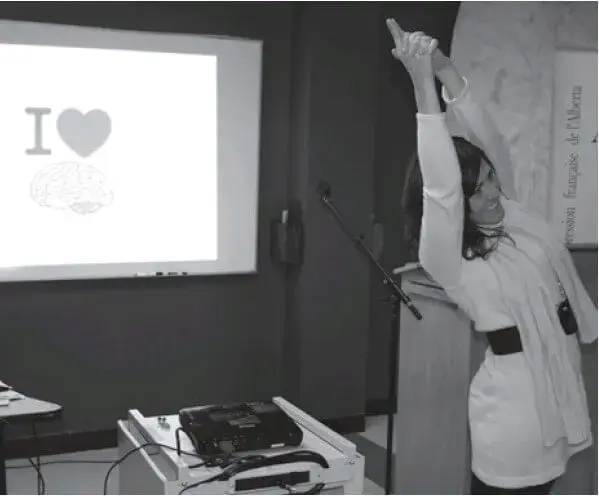
Good teachers are rare. They possess an ability to connect with students that is in and of itself a form of intelligence. It requires a high level of attunement to the unfolding processes, reactions, and feedback that is being transmitted and received between the student and teacher. A one-on-one genuine connection - even briefly - can make a huge difference to a student's learning journey.
One-on-one moments are the key to unlocking the neurochemicals that can truly keep a person engaged and wanting to challenge themselves, despite difficulties. The type of one-on-one moment matters, however. If a teacher is truly tuned in to a student - what they pick up on is a sense of vulnerability and uncertainty. To be a student is to be in a position of not knowing. It's a position of being open to someone else having more authority or expertise.
A teacher who is attuned to this, and who truly wants a student to learn, navigates that vulnerability by creating a sense of trust and connection. Only through that process can a student let their guard down enough and get into a brain-body state where they can receive new information. This doesn't mean a teacher can't challenge a student and increase their stress levels as a way to enhance attention and adaptability. In fact, that is sometimes precisely what a student needs. But an attuned teacher knows when to push, when to encourage and inspire, when to connect.
These micro-moment adjustments take a sense of awareness, self-regulating abilities and a lot of practice and experience with many different students. The lead teacher and student teacher in my class yesterday both took those moments to build a connection and it made an enormous positive difference in my experience of the class.
Many learning environments also make it difficult for there to be one-on-one moments between teacher and student. These moments are critical. Years ago, as a school counselor, I assisted in a first grade classroom. One of the teachers was having a really challenging time with a student who would collapse on the floor, start sucking his thumb. After sharing this with me, she attended one of my workshops explaining the importance of a self-regulated teacher who can build a sense of connection and trust - and how that can have significant effects on a students' nervous system - their internal state, and therefore ability to learn.
The teacher took those ideas and the next day told me after school that she had simply taken one extra moment to greet that student, give a high five, and a gentle hand on his back as the went to his desk. Those small gestures changed his behavior dramatically that day, and as she continued to build on that and saw improvements (still ups and downs, but a major shift) More importantly, her attunement and gestures to connect changed their dynamic. She stopped seeing him as the 'bad' kid, and started seeing him as someone who really just needed to know he was ok, and that he was accepted by her.
Sadly, many learning environments lack teacher-training that emphasizes the importance of these one-on-one connections and these attunement abilities. I'll be discussing how we engage learners in an upcoming interview for the Mindset Neuroscience podcast. Stay tuned!
"One day you will wake up and there won't be any more time to do the things you've always wanted to do. Do it now!"
-Paulo Coelho
With Love from Me to You
xoxo Stefanie




